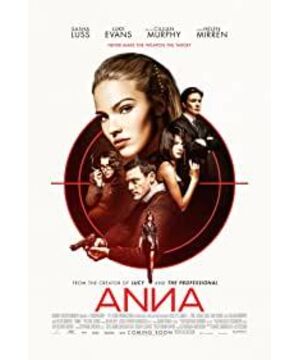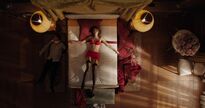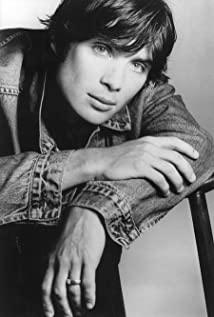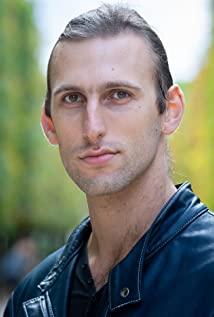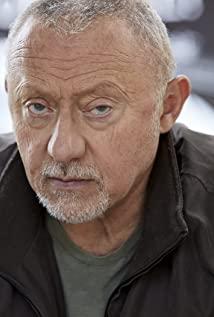You can only rely on yourself for your own destiny, never expect a man, let alone any seemingly powerful power. Only you can hold your fate by the throat—provided you know what you want, of course—Anna knows she wants freedom: no longer trapped in false identities and tasks within scenes , she wants to get out of it completely.
Before heading off to freedom, Anna sat down and had a heart-to-heart talk with two important men in her life. She bluntly described her life in Russian nesting dolls: in the multiple nested identities, each of them is her, but none of them is really her. And the freedom she wants is to see the smallest "I" in the nesting doll after removing the layers of the body that was given.
Any girl faces the same question: Who is "I"? daughter? girlfriend? Mrs? mother? director? housewife? Under the combination of overlapping families and social identities, does the core "I" still have free will?
I like "Anna" precisely because it makes it easy to self-substitute at this level—
This Anna who "goes all out to be free" can bring strength to girls. I especially liked the moment when she finally took off her blond wig and hat in the dark tunnel to reveal her skinhead, and she was so unconcerned with all the troubles that it was amazingly beautiful.
View more about Anna reviews


